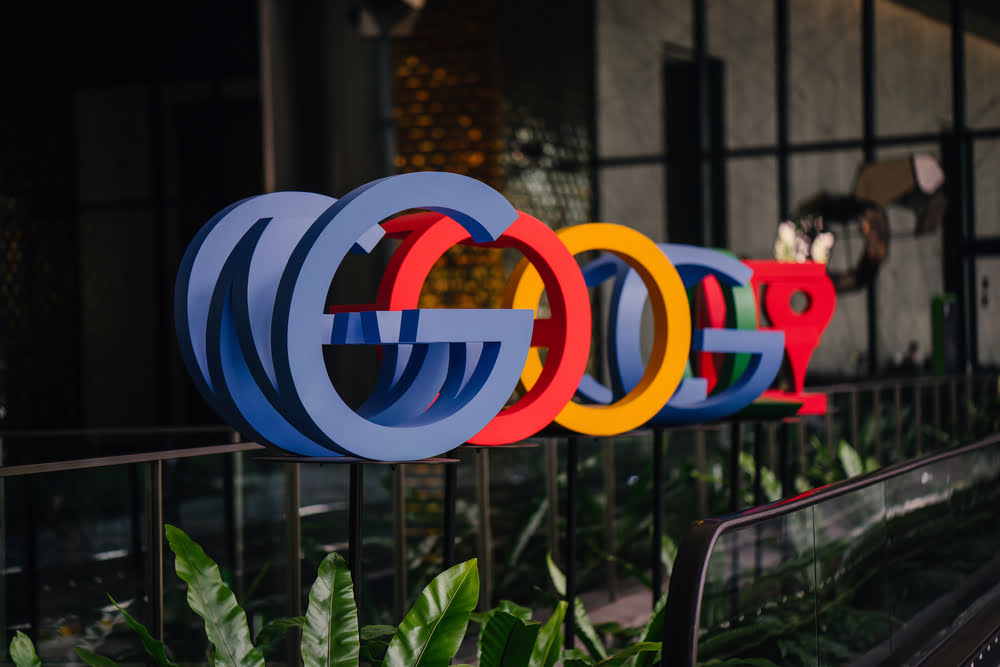
Did Penguin 3.0 Crash Your Rankings?
Where did my website go?
Many business owners and webmasters asked themselves this question late last week. On Friday, October 17th, Google issued an update to it’s infamous Penguin ranking algorithm. This update, Penguin 3.0, has caused both ranking gains and losses for websites in Google search results. If your website used to rank on Page 1 and now ranks on Page 8 (or vice versa). You might have been hit by Penguin.
But this begs the question – what is Penguin, and how does it decide which websites to praise and which ones to punish?

What Is Google Penguin?
Google runs on algorithms. These computer programs work together. Using defined sets of rules and criteria, to filter through the millions of websites on the Internet. Google’s many algorithms include Panda, an algorithm designed to exclude poor content from search results; Hummingbird, which lets Google interpret search queries better; and Penguin.
In theory, Penguin is designed to help filter low-quality websites from search results. It operates by looking at a site’s link profile. The links coming from across the web back to that site. If the link profile looks “spammy” to Penguin, it penalizes the site in search results while simultaneously promoting sites with “clean” link profiles. Unfortunately, innocent or older sites can also get caught in the algorithm.
How Many People Were Affected By This?
This update marks the first major change to the Penguin algorithm since October 4, 2013. When Google released a refresh of the algorithm which they called Penguin 2.1. That last refresh affected rankings for somewhere between 1 and 2 percent of all searches on Google. So far, Penguin 3.0 is looking to be broader in scope than previous versions.
Did Penguin Affect Me?
The biggest problem with Penguin, at least to webmasters, is that it doesn’t give websites any warning before it strikes. One day your website is comfortably ranking on the first page for some of your key terms, and the next it’s simply gone. Many website owners don’t realize they’ve been hit by Penguin until weeks later. Sometimes they never realize at all.
There are a few ways to tell if Penguin has affected your site. The first is simply to check your search rankings. Google’s own Webmaster Tools is a good way to keep track of your average search engine rank, though you should keep in mind that it’s just an average. If your site fluctuates between ranking in position 1 and position 10, your average rank will be 5.
However, if your average rankings and impressions in Webmaster Tools have taken a hit since October 17th, Penguin is probably to blame. As an alternative method, you can also check how much traffic you’re receiving from search engines and compare it to pre-Penguin levels. If your traffic has dropped off significantly, you may have been hit.
What Can I Do to Recover?
Penguin works on a simple principle: if a website has a link profile that looks to be spammy or unnatural – that is, made up mostly of links that were bought instead of earned. That website will be penalized. That means the only real way to gain your rankings back after being hit by Penguin is to clean up your link profile and remove links that Penguin finds suspicious.
What Web Tool Should I Be Using?
There are a few different tools you can use to view the list of sites linking to you. The one tool most website owners should probably use is Webmaster Tools. For a detailed overview of how to clean up your link profile and get your site back on Penguin’s good side, take a look at our blog post on how to clean up your links.
Unfortunately for many webmasters punished by Penguin, cleaning up your links isn’t an instant solution. The Penguin algorithm is updated manually by Google. So the changes in your link profile may not impact your rankings in Google search results until the algorithm updates again. Since Penguin only updates every few months at best, and over a year in this case, it’s very important that you get your links as clean as possible so you aren’t waiting for a long time to recover from negative links.
How Can I Protect Myself from Penguin in the Future?
One thing is for sure: Penguin 3.0 will not be the last Penguin update to shake up the search results. Whether you were hit by this latest update or you simply want to protect your website’s current rankings from future updates. You should do what you can to clean up your link profile and make sure Penguin won’t target you.
Whats Going To Be My Strategy?
Once you’ve cleaned up your link profile, you should think about your strategy for earning links online and getting better rankings. If you’ve ever paid to have your site listed in a directory or placed in a blog post, now is the time to stop those activities. Even if your site didn’t get punished this time. There’s no guarantee it won’t get caught in Penguin’s next iteration.
Paid Links Equal Bad Links
Keep in mind that not every paid link is a bad link. Paid links on high-quality sites or respectable directories for your business can be valuable. A good rule of thumb is, if you’re paying for more links than you’re earning naturally, you should retool your activities. You should never pay for a link with the sole goal of earning rankings. Only use paid links when they offer actual value to your site or the one linking to you.
Get Honest Results
If you are paying money to someone who promises thousands of links in just days or weeks. You should stop immediately. Your link-building strategy should focus on earning high-quality links from other authoritative sites. The best way to do that? Do something on your site that other people want to link to and share it with those people.
Focus On Quality Work
Many small businesses find success in running promotions on their site. While bigger businesses may also get lots of links by releasing white papers or original research about their industry. Whatever your strategy, it should be focused on creating good, high-quality content, not just getting links.
Want to learn more about getting better results and higher rankings for your website? Contact us today at RankMonsters! We’re a local Internet marketing agency, and we specialize in helping business owners get more performance and more revenue out of their websites. Call us today at (405) 605-8218 or check out our Facebook and Twitter pages for more insight and tips!


